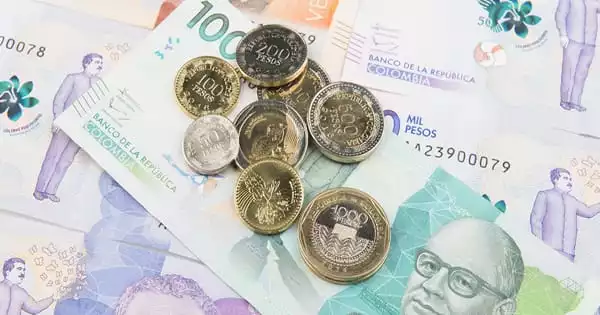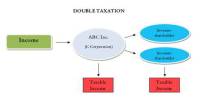A local currency is a most commonly used currency within a country. In economics, it is a currency that can be spent at participating organizations in a specific geographical location. This is usually the country’s currency. A regional currency is a type of local currency that covers a larger geographical area, whereas a community currency may be local or used for online exchange.
The local currency is the national currency of the country in which the foreign firm operates. Typically, the entity’s functional currency is the local currency. For accounting purposes, any currency other than the entity’s functional currency is considered a foreign currency. Thus, while the US dollar is accepted in the United Kingdom, the pound is the local currency because it is the national currency and the currency in which most transactions are settled. Most local currencies can be converted into the currency of another country, such as the US dollar to the Japanese yen, using an exchange rate.
A local currency supplements, rather than replaces, a national currency and aims to encourage spending within a local community, particularly with locally owned businesses. Such currencies may or may not be backed by a national government and may or may not be legal tender. The Complementary Currency Resource Center’s global database contains information on approximately 300 complementary currencies, including local currencies.

Local currencies are those that are mostly used locally and on a community level. They serve as a supplement to an official, legal currency. They are typically accepted by all types of local merchants, and they provide an incentive for local residents to shop locally. As a result, local currencies aid in the strengthening and decarbonization of a community’s or region’s local economy. They contribute to the development of community spirit while lowering people’s carbon footprints and improving local resilience.
Local currencies are intended to coexist with a location’s official currency. Because they are not legal tender, no one is required to accept them in exchange for goods or services if they have not agreed to participate in the currency’s trader network. While Euros, Sterlings, or Pounds will always be required for national and international trade, it is now possible to promote local trade and strengthen the local economy by using a complementary (local) currency.
Local currencies allow the community to make better use of its existing productive resources, particularly unemployed labor, which has a knock-on effect on the rest of the local economy. They are based on the premise that the community’s productive capacities are not being fully utilized due to a lack of local purchasing power. The alternative currency is used to increase demand, resulting in more productive resources being exploited. As long as the local economy is not operating at full capacity, the introduction of the local currency does not have to be inflationary, even if it results in a significant increase in total money supply and total economic activity.
















